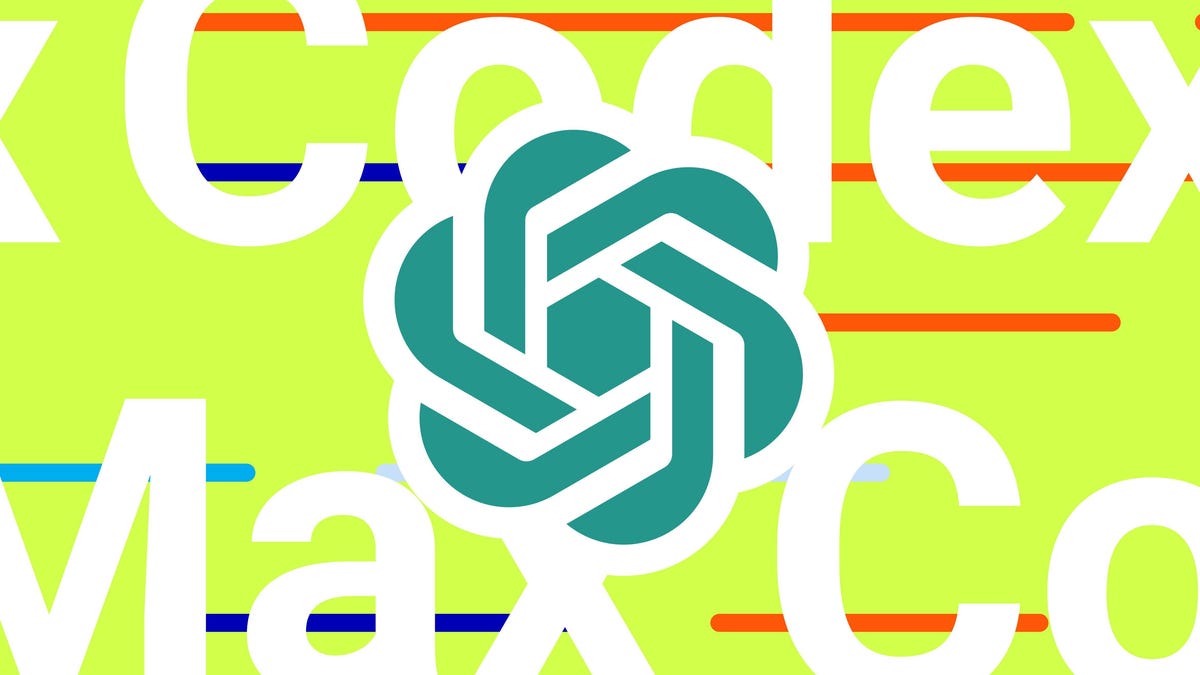Home / Technology / Codex Max: Bigger Brain, Faster Code, Windows Ready!
Codex Max: Bigger Brain, Faster Code, Windows Ready!
19 Nov
Summary
- Codex Max boasts significantly larger context windows for complex tasks.
- It offers faster performance and uses fewer tokens for efficiency gains.
- This new model is trained to operate effectively in Windows environments.

OpenAI has unveiled GPT-5.1-Codex-Max, an advanced version of its AI programming model. This new iteration significantly expands the context window, allowing it to manage much larger and more intricate coding projects by using a process called compaction. This enables sustained performance over millions of tokens and extended durations, even up to 24 hours.
The Max model delivers notable efficiency improvements, running 27% to 42% faster while using 30% fewer tokens compared to its predecessor. This means users might experience longer coding sessions for the same subscription cost. Additionally, it generates fewer lines of code for equivalent tasks, suggesting better programming practices and algorithms.
A key development is Codex Max's enhanced capability in Windows environments, marking the first time a Codex model has been specifically trained for this operating system. This strategic update, aligning with OpenAI's relationship with Microsoft, promises better collaboration in Windows-based coding workflows and improved performance on sustained, long-horizon reasoning tasks, including cybersecurity applications.




